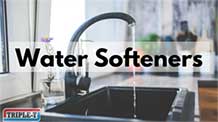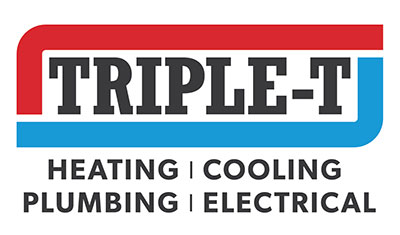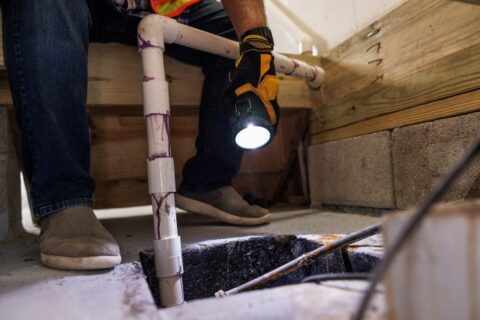Water Softeners

What Is Hard Water?
It is more than likely that you live in an area with hard water. Hard water is defined as an excess of calcium and magnesium minerals that are not soluble in your water. While this excess of minerals does not impose a health threat or contaminate your drinking water, over time it will do significant damage to your home. The main area of concern is your plumbing.
Hard water creates deposits that clog your pipes. This is also known as scale and shows up as white deposits in your plumbing and around your faucets. Hard water can be incredibly damaging to swimming pools, water heaters, boilers, home appliances and more. It can also give you itchy skin and flat dull hair.
What Can You Do If You Have Hard Water?
Hard water can easily be turned soft by the installation of a water softener. A water softener will reverse the effects of hard water by removing the calcium and magnesium deposits by reversing the ions, also known as ion exchange.
Water softeners can be installed in any home. The longer you wait to install a water softener the more damage your home experiences. Over time hard water builds up and is incredibly difficult to remove. According to the EPA, “The chief disadvantages of hard waters are that they neutralize the lathering power of soap…. and, more important, that they can cause blockage of pipes and severely reduced boiler efficiency because of scale formation.”
What Are the Benefits of Having a Water Softener?
- Cleaner dishes
- Softer clothes
- Longer lasting fabrics
- Smooth skin and hair
- Extend the life of your appliances
- Dishwashers
- Coffee makers
- Refrigerator and freezer
- Water heater
- And more
- Save money on energy costs
- Less time spent on cleaning
There are two types of water softeners, salt, and salt-free. Water softeners do not add salt to your water. They simply exchange the magnesium and calcium ions in the water that are making it hard. This turns your water soft, which is then pumped through your home.
How do I know if a water softener is right for my home?
If you have been thinking about getting a water softener installed in Utah County, Triple T certified technicians can answer any questions you have. Technicians are also highly skilled in repairs and updates to water softeners. Visit Triple T Water Softeners to learn more and schedule an appointment.

